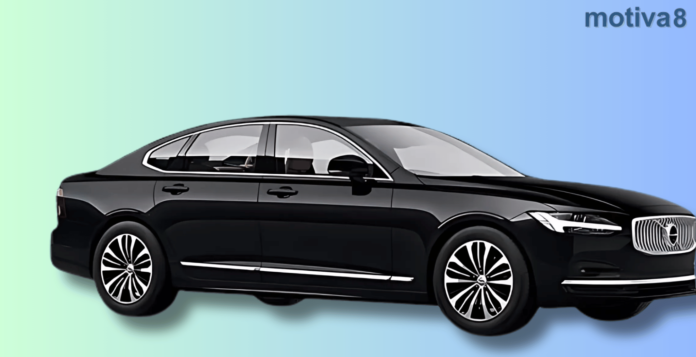Volvo Cars Revises EV Goals Amid Cooling Market Demand
Stockholm — Swedish automaker Volvo Cars has revised its near-term goal of exclusively selling electric vehicles (EVs), citing changing market conditions and cooling demand. The company, owned by China’s Geely Holding, will now aim for between 90% and 100% of its cars sold by 2030 to be fully electric or plug-in hybrid models, with up to 10% reserved for mild hybrid models. This new target replaces the firm’s 2021 pledge to have a fully electric lineup by the end of the decade.
Volvo Cars maintains its long-term aspiration to become a completely electric carmaker but has adopted a more pragmatic approach in response to evolving market dynamics. The adjustment reflects a broader trend in the automotive industry, with other major players such as Mercedes-Benz Group and Volkswagen also scaling back their EV ambitions.
Jim Rowan, CEO of Volvo Cars, acknowledged the shift, stating, “An electric car provides a superior driving experience and increases possibilities for using advanced technologies that improve the overall customer experience. However, it is clear that the transition to electrification will not be linear, and customers and markets are moving at different speeds of adoption.”
Rowan emphasized the company’s commitment to retaining an industry-leading position on electrification and sustainability while being adaptable to current market realities. Volvo Cars’ shares fell more than 4% on Wednesday following the announcement.
As of the second quarter of 2024, Volvo Cars reported that 26% of its lineup consisted of fully electric vehicles, the highest percentage among its premium competitors. The company’s overall electrified share, including EVs and plug-in hybrids, reached 48%.
Volvo Cars highlighted several challenges impacting its electrification efforts, including slower-than-expected expansion of charging infrastructure, the withdrawal of government incentives in some regions, and recent tariffs on EVs. These factors underscore the need for “stronger and more stable government policies” to support the transition to electric mobility, according to the company.



